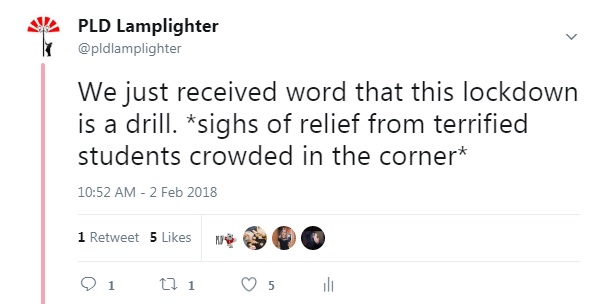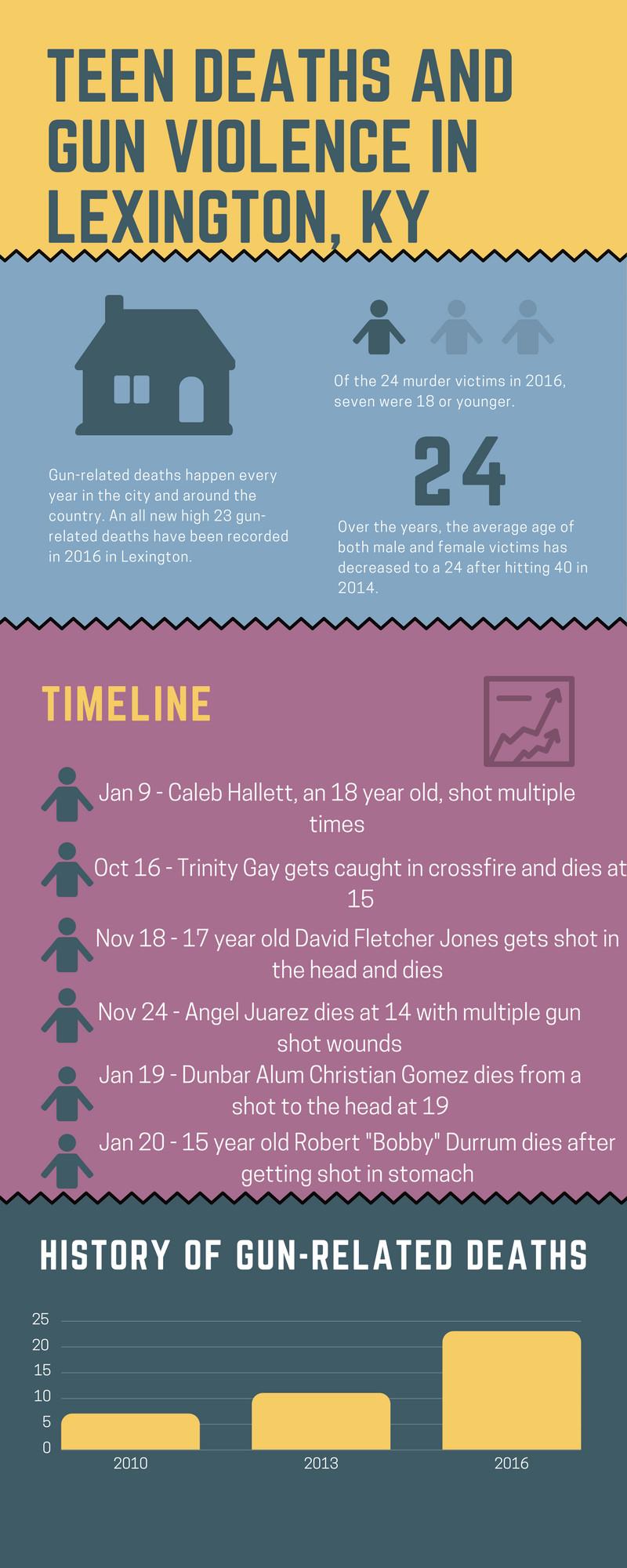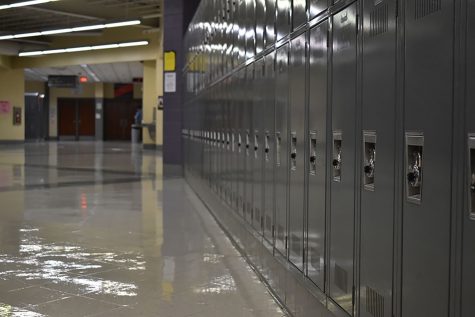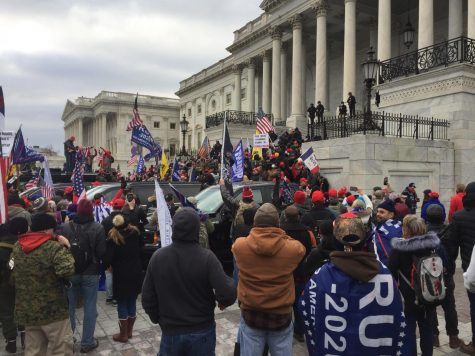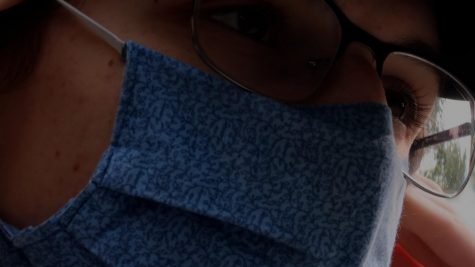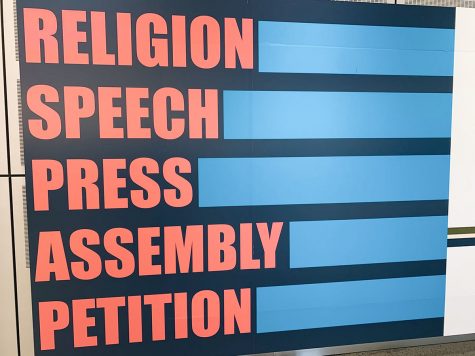What If It Happened To Us?
Marshall County High School experienced a devastating tragedy on Jan. 23. In the town of Benton, Kentucky, less than four hours away from Dunbar, a 15 year old boy began shooting in the school, killing two students.
On January 24, Principal Rains announced that we would have a school-wide moment of silence to honor the victims of the tragedy.
During the moment of silence, it’s sad to say that many of our peers didn’t take it seriously–they stayed on their phones or continued their casual conversations.
Unfortunately, shootings have become so common that, unless a large number of people are hurt or killed, social media and the media in general move on quickly. We are shocked or upset for an instant when we hear about these types of events– and then we keep scrolling. Within a few seconds, we move on.
It is a miserable fact that we have become somewhat acclimated to shootings and act like this. Society has adapted to these reports because, when we are exposed to events like this so regularly, we cannot help but develop a desensitized mindset.
The victims of this tragedy and their families deserve more respect than that.
Marshall County was the first school shooting many of us heard about this year, and that’s probably only because the school is located so close to home. There were 10 shootings before Marshall County, and there has been one more since then– and its only February. These shootings become nothing more than a statistic, and we forget that the victims and their families are real people. Without realizing it, people adopt the mindset of at least there were only x victims because of the sheer number of people who are killed by violence every single day.
Having a school shooting hit so close to home has made the thought of a school shooting happening at our own school much more real. It makes us consider what might happen in the event of an actual shooting. In fact, the recent lockdown on Feb. 2 had many students wondering if it was real.
Another reason a school shooting is at the front of students’ minds is the lack of protections such as metal detectors or a double entrance. Anyone can walk in with a weapon. In fact, they have.
Three years ago, a student at Dunbar was caught with a gun. If it hadn’t been discovered, what could have stopped him firing the gun in our building? Our own high school, where people joke about being in a school shooting, could’ve been preparing for a three year anniversary.
After guns were found on Tates Creek and Dunbar campuses, FCPS debated putting metal detectors in schools, but they have stated that they will not be doing that.
Reports say that the students who actually experienced the shooter at Marshall County High had recently gone through a training that teaches them to respond to an active shooter. We know that every situation is sensitive and can not be completely prepared for, but we wonder how Dunbar, where there are 2000 students, is able to ensure each student’s safety.
Republican Senator Steve West filed a bill to station armed Marshals, who would not need to have police training, in Kentucky public schools. Kentucky Democratic state Senator Ray Jones supports this idea as well. Senate Bill 103, if passed, would allow Marshals holding a concealed carry permit to carry a firearm on school property. The gun could only be used “for the protection of a third person from imminent death or serious physical injury,” and would be required to be kept in a lockbox at all other times. Schools would be allowed to appoint one marshal for every 400 students and would have to develop a plan to respond to active-shooter situations.
Arguably, more guns on campus may not be our best solution, but what are our other options?
One suggestion is a focus on mental health. The shooter at Marshall County High School was also a victim in that he suffered from bullying and isolation. What could have happened with that student if there were programs in place that could have identified him as someone who was struggling? Could an intervention program have made a difference in that situation?
At Dunbar, there are counselors, a school psychologist, a school social worker, and of course, administrators and teachers who can, and should, be aware of a student’s mental health, with help from our anonymous Tipline program. But is that enough?
In a society where we have become so desensitized to school shootings that we’re only phased by it when it’s close to home, we should be even more proactive in our efforts to stop bullying by enforcing and encouraging more protection and training to protect students.
























